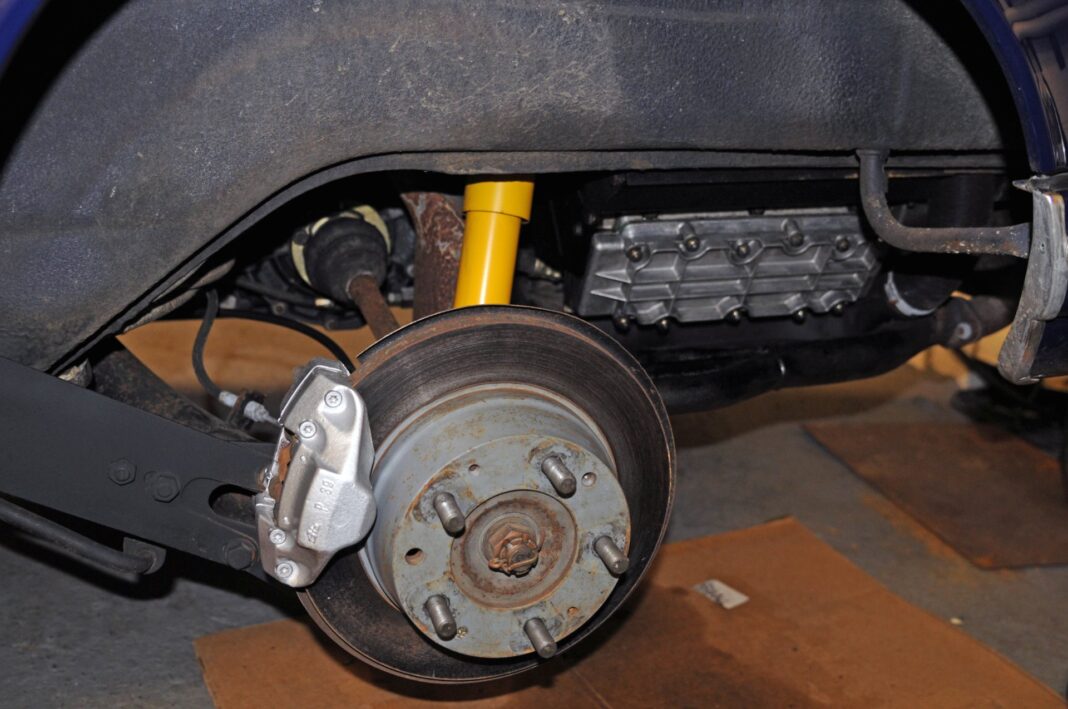Have you ever had that sinking feeling when you step on the brake pedal, and it feels like your car is going to take off without you? If your brake pedal is spongy or sinks to the floor, it’s a pretty good indication that you have a problem with your brake caliper. A brake caliper is a device that helps slow down or stop the rotation of a wheel. It does this by pressing brake pads against the rotor, which is attached to the wheel.
If you’re experiencing issues with your car’s brakes, it may be time to check the brake caliper. In this blog post, we’ll tell you how to diagnose a bad brake caliper so you can get your car back on the road in no time!
Different Types Of Brake Calipers
There are two main types of brake calipers: fixed and floating. Fixed brake calipers are mounted to the vehicle’s frame and cannot move. Floating brake calipers, on the other hand, are mounted to the suspension and can move relative to the rotor. Most modern cars have floating brake calipers because they offer superior performance. However, both types of brake calipers can experience issues that will need to be diagnosed and repaired.
Signs To Look For When Diagnosing A Bad Brake Caliper
Now that we know a little bit more about brake calipers let’s talk about some of the signs that indicate you may have a bad one. If you notice any of the following issues, it’s time to pop open the hood and take a closer look!
Leaking Fluid
One of the most common signs of a bad brake caliper is leaking fluid. If you see fluid leaking from your car’s brakes, it’s almost always an indication that there’s an issue with the caliper. The most likely culprit is a faulty seal that needs to be replaced. Leaking fluid is also very prominent, as you can see a trail of leaking fluid on the road or beneath the car when it’s parked somewhere.
Sticking Brakes
Another sign of a bad brake caliper is sticking brakes. This usually happens when dirt or debris gets caught in the piston, preventing it from moving freely. As a result, your brakes may feel “sticky” or unresponsive when you press down on them. If you suspect your brakes are sticking, try gently tapping on the affected wheel with a hammer. If this doesn’t free up the piston, then you’ll need to replace the entire caliper.
Pulling to One Side
Does your car pull to one side when you hit the brakes? This is another common symptom of a bad brake caliper. When one piston isn’t working correctly, it creates uneven pressure on the rotor, causing your car to pull in one direction or another. If your car is pulling while braking, it’s almost certainly due to an issue with the calipers and will need to be addressed as soon as possible.
Conclusion
Bad brake calipers can cause all sorts of problems for your car – from decreased performance to complete breakdowns. That’s why it’s so important to know how to diagnose them! By paying attention to common symptoms like leaking fluid, sticking brakes, and pulling to one side, you can catch a problem early on and get your car back on track in no time. Thanks for reading!






